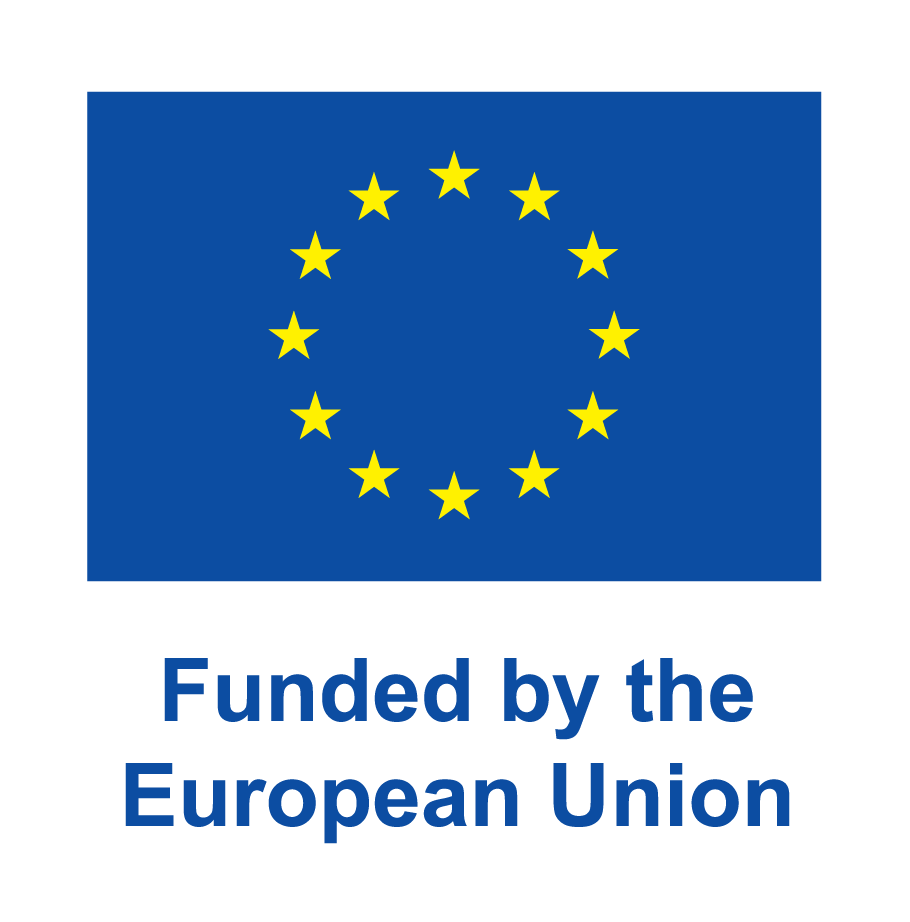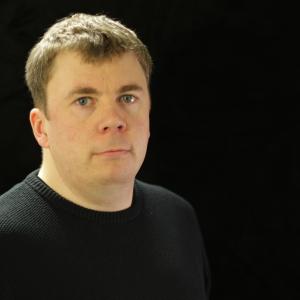HEAL: HLA-homozygous iPSC-cardiomyocytE Aggregate manufacturing technologies for allogenic cell therapy to the heart
The European Union Research & Innovation Action is funding the HEAL research project, which involves ten partners from all over Europe and Israel, with more than six million euros, of which the Medical School Hannover (MHH) is the coordinating institution.
One goal of the network is establishing new tools and expertise for accelerating the development of advanced human induced pluripotent stem cell (iPSC)-based therapies. The project also aims to overcome scientific, regulatory and in particular safety hurdles, necessary to initiate a first-in-man (FIM) clinical trial for the therapeutic administration of allogeneic, human leukocyte antigen (HLA)-homozygous iPSC-cardiomyocyte aggregates, for improving the function of damaged hearts.
Human leukocyte antigen (HLA)-homozygous iPSC-derived cardiomyocyte aggregates offer the prospect for a restorative allogeneic (one donor to many patients) heart therapy applicable to larger patient populations, overcoming economic barriers associated with autologous (where the stem cells are derived from each individual patient for their own personal treatment only) approaches. By developing solutions for the Good Manufacturing Practice-compliant mass-production and cryopreservation of iPSC-cardiomyocyte aggregates, the HEAL consortium aims to enable allogeneic treatment with minimum requirements for immunosuppression.
Dr Michael Morrison (University of Oxford, Law Faculty) is a contributor to HEAL Work Package 5 “Cost effectiveness and Health technology Assessment”. He is the lead on Task 5.3 “Societal and ethical aspects of iPSC and iPS-CMAs”. This task is divided in to two core components:
- A regulatory analysis of the data protection elements of the cell therapy production process related to HLAh iPSC-derived CMs for cell therapy.
- An assessment, drawing on qualitative interview data, of Institutional Readiness of selected clinical sites in European Member States for delivery of iPSC-derived cardiac cell therapy.
Both elements of this work are in progress and are expected to be completed in 2025.
Project Sponsor

